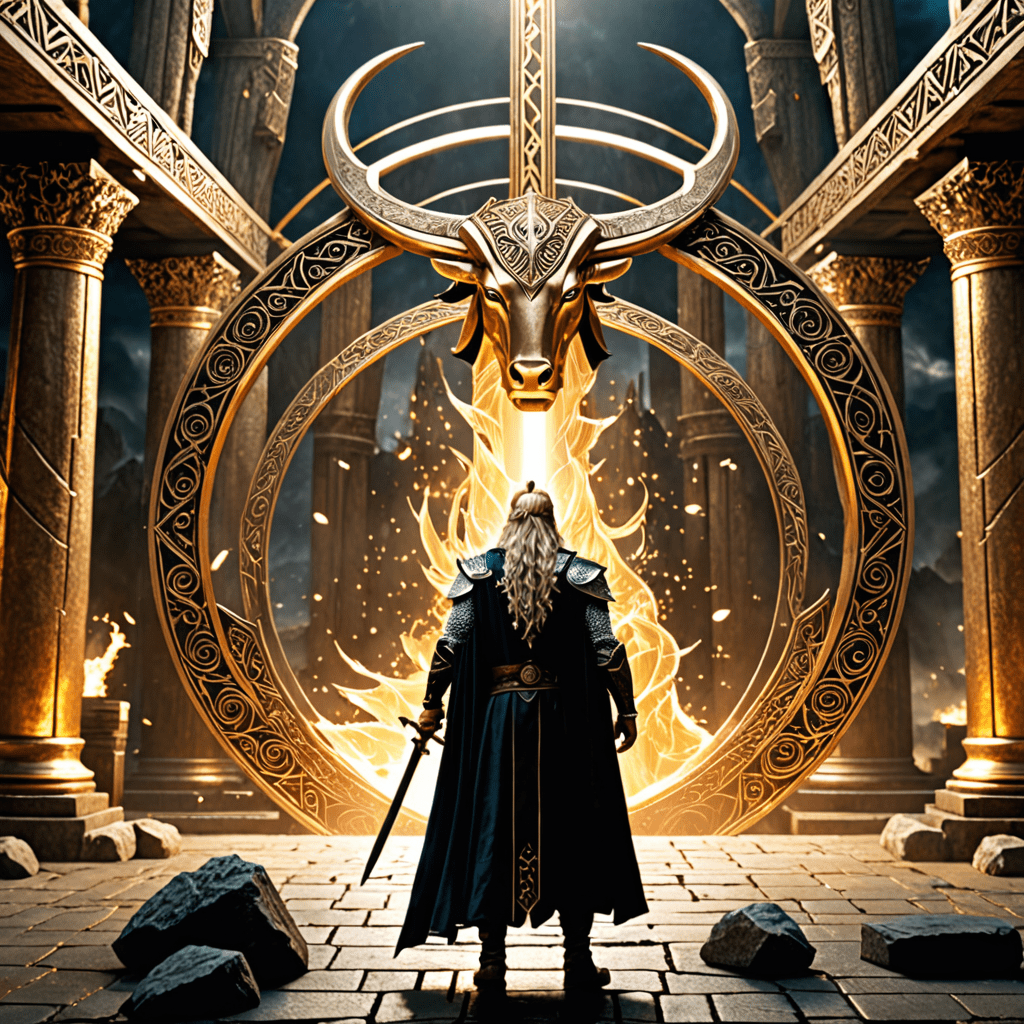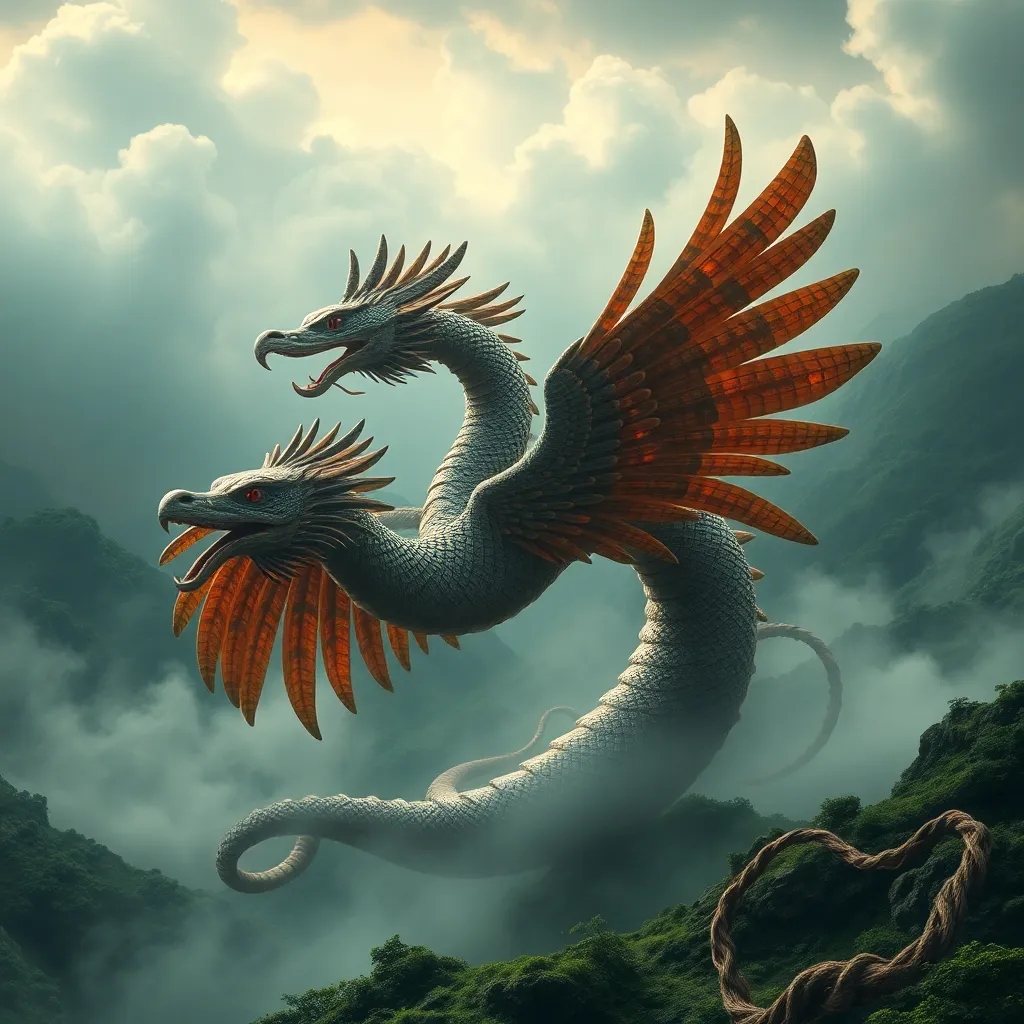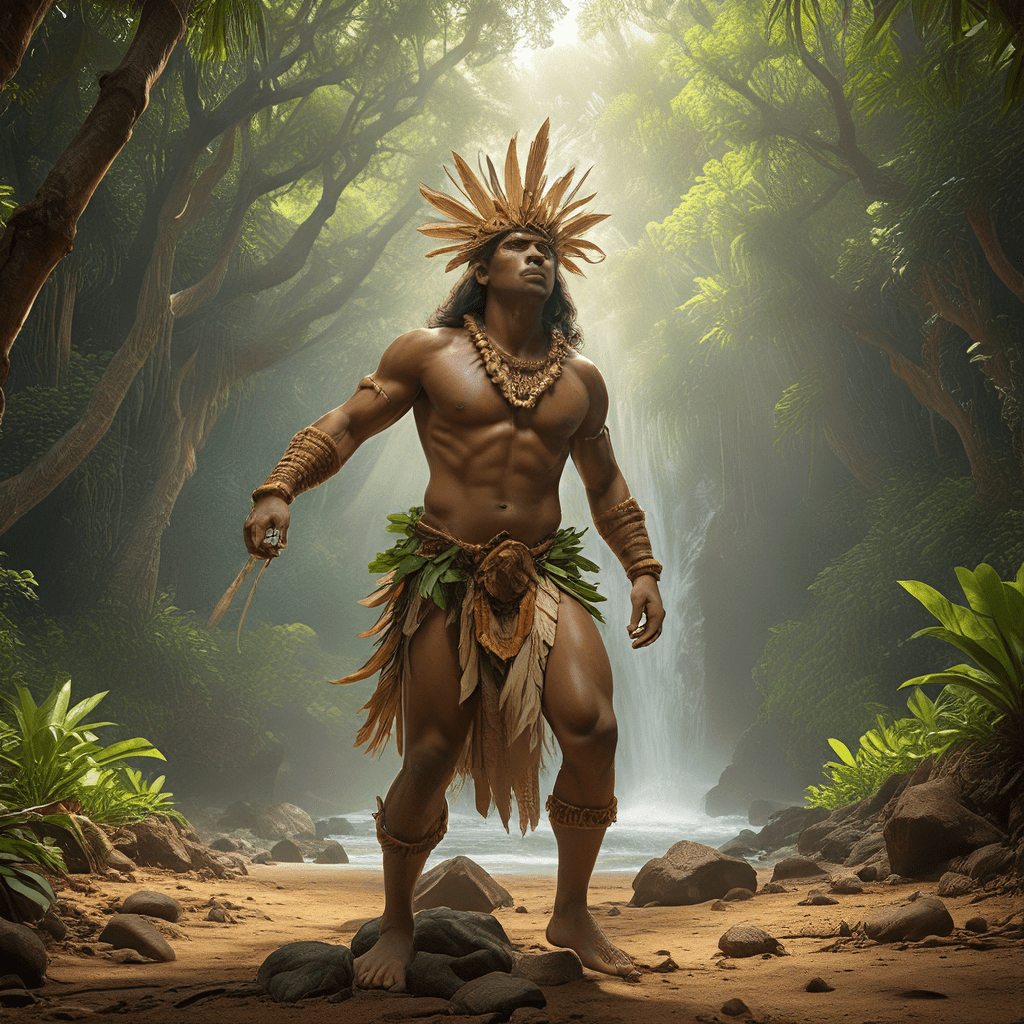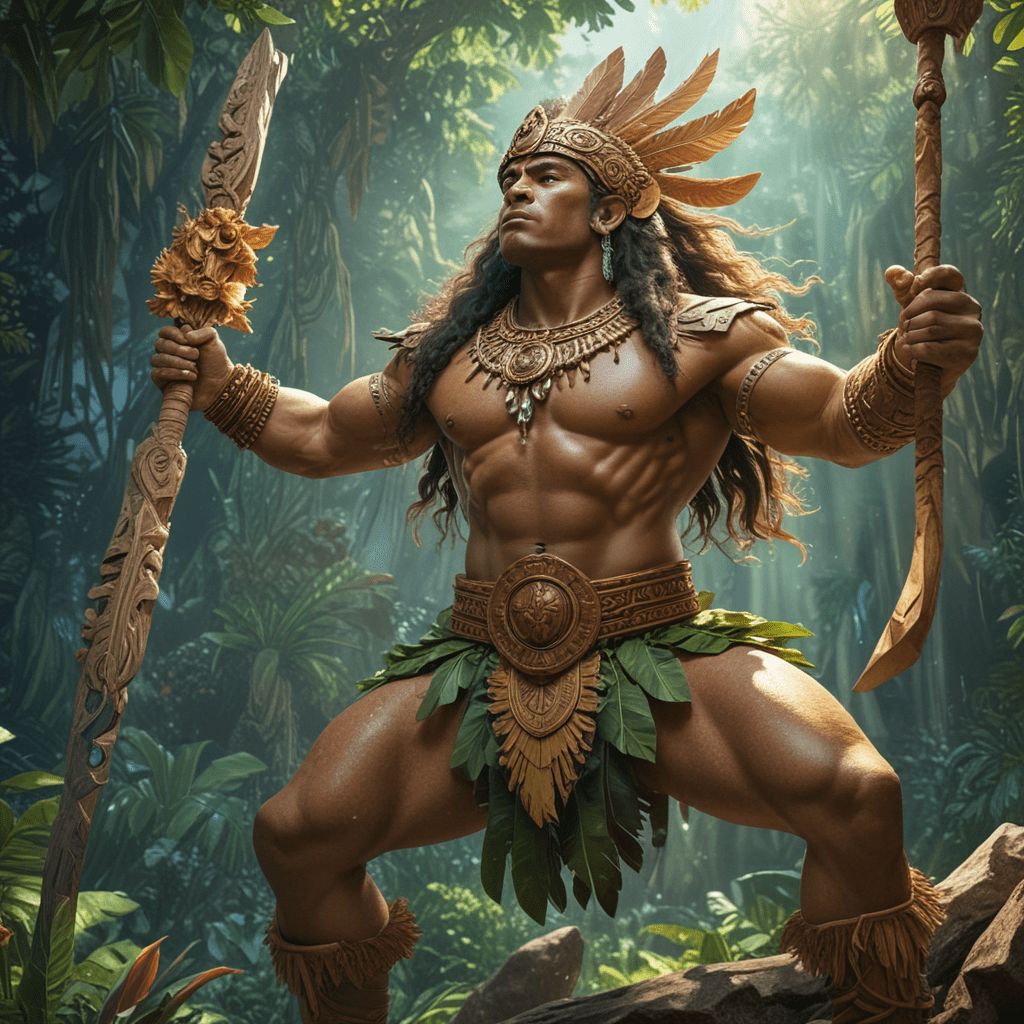The Role of Fate and Destiny in Norse Mythology
Introduction to Fate and Destiny in Norse Mythology
In Norse mythology, fate and destiny play significant roles in shaping the lives of both gods and mortals. The concept of fate, known as “Wyrd” in Old Norse, represents the predetermined course of events that cannot be changed. Destiny, on the other hand, refers to the ultimate end or purpose that individuals are meant to fulfill. These intertwined elements govern the actions and outcomes of all beings in the Norse mythological cosmos.
The Norns: Weavers of Fate
At the heart of fate and destiny in Norse mythology are the Norns, female beings who dwell at the base of Yggdrasil, the World Tree. The Norns are responsible for weaving the intricate web of fate that dictates the lives of gods, giants, and humans alike. There are three main Norns: Urd (the Past), Verdandi (the Present), and Skuld (the Future). These ancient beings hold immense power over the course of events, ensuring that all beings adhere to their fate.
Role of Fate in Norse Mythology
Fate in Norse mythology is often interconnected with the concept of honor and inevitability. The belief that one’s fate is predetermined instills a sense of fatalism and resignation in the Norse worldview. Even the gods themselves are subject to the laws of fate, as seen in prophecies and foretellings that ultimately come to pass. Despite attempts to thwart destiny, such actions often lead to tragic consequences, reinforcing the notion that fate is inescapable.
Embracing Destiny in Norse Mythology
While fate may seem as a force beyond mortal control, destiny in Norse mythology carries a sense of purpose and fulfillment. Embracing one’s destiny is viewed as a noble act, as individuals strive to fulfill their roles in the grand tapestry of existence. Whether through epic feats of heroism or personal sacrifices, the Norse mythological figures showcase the importance of aligning with one’s destiny to achieve greatness and leave a lasting legacy.
In conclusion, the role of fate and destiny in Norse mythology reflects the complex interplay between predestination and agency, shaping the lives of gods and mortals alike. Understanding the intricate dynamics of Wyrd and destiny provides insights into the profound beliefs and cultural values of the ancient Norse people. By exploring these concepts further, we can unravel the mysteries of existence as envisioned through the lens of Norse mythology.

FAQs About the Role of Fate and Destiny in Norse Mythology
What is Fate in Norse Mythology?
In Norse mythology, fate is represented by the concept of “Wyrd” or “Örlög.” It is the predetermined course of events that govern the lives of gods and mortals alike, with an underlying belief that destinies are fixed and unchangeable.
How is Destiny viewed in Norse Mythology?
Destiny, known as “Fylgja,” is considered a guiding spirit or guardian linked to an individual or clan. It influences the choices and outcomes in one’s life, reflecting the interconnectedness between individuals and their preordained paths.
What role do Norns play in shaping Fate and Destiny in Norse Mythology?
The Norns are powerful female beings who control the fates of both gods and humans. These three sisters, Urd (the past), Verdandi (the present), and Skuld (the future), spin the threads of fate, determine the destiny of all beings, and represent the cyclical nature of life.



